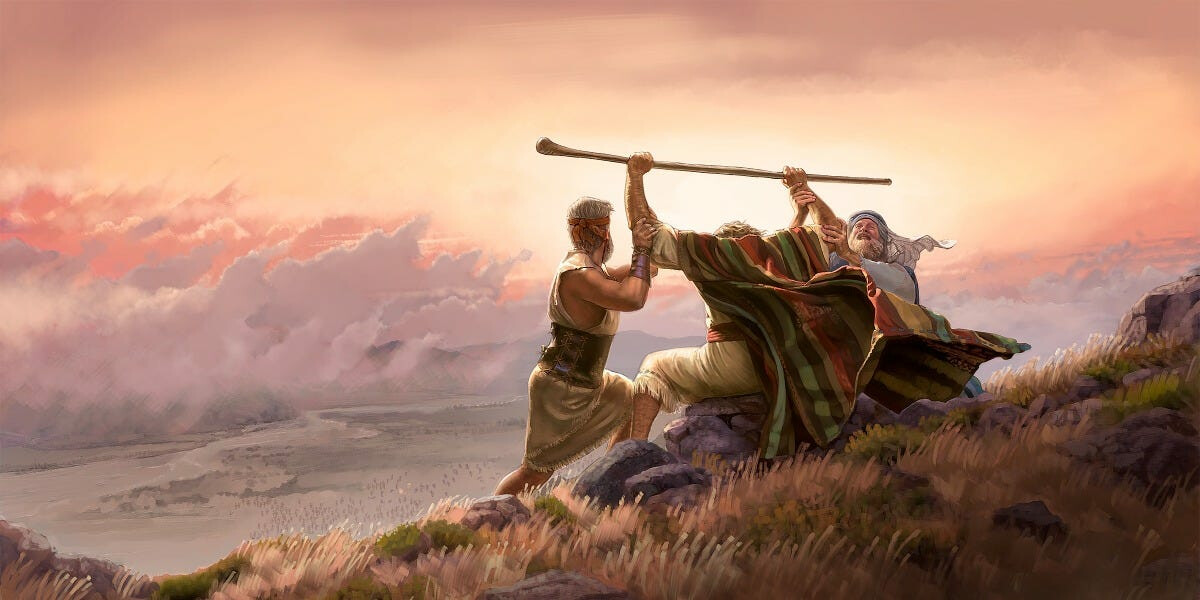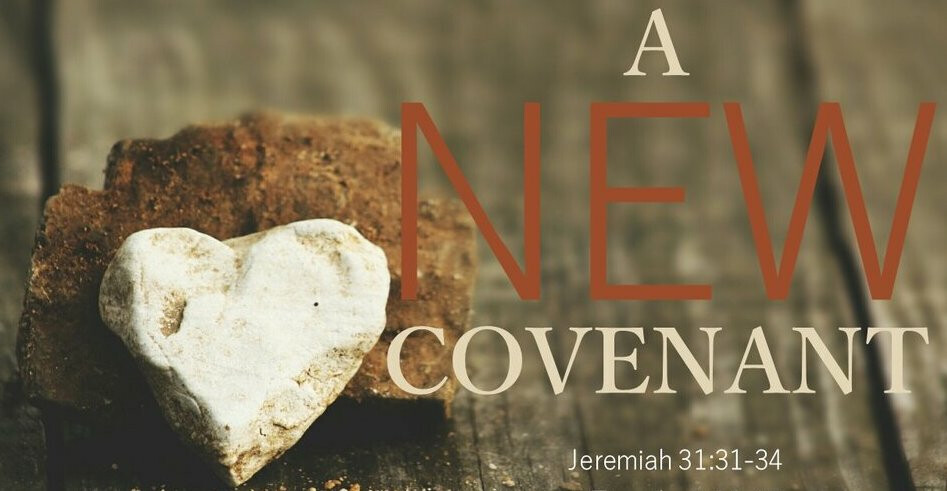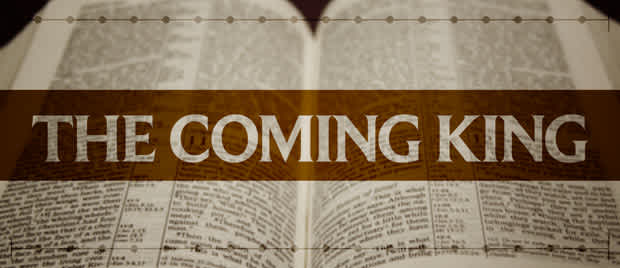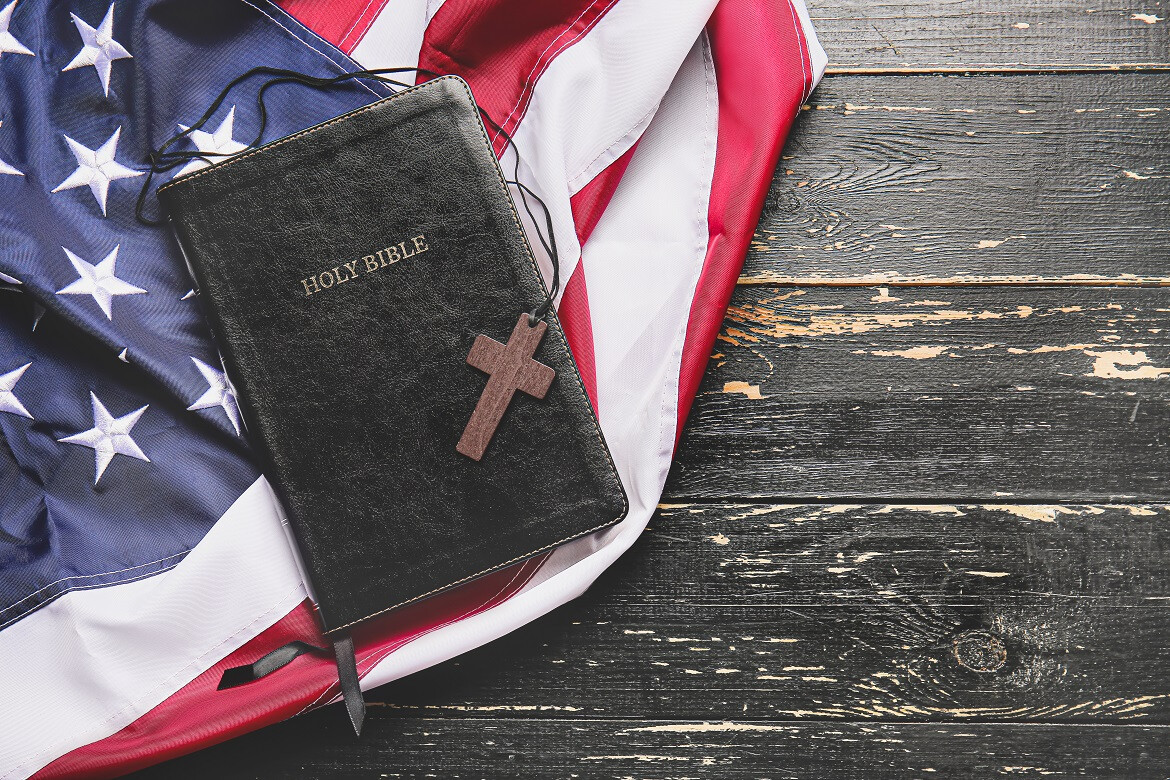Aaron and Hur

Many characters in scripture stand out as great leaders. Their names are recognizable immediately. When we look closely, we will see that God provided helpers for those leaders that may have gone rather unnoticed in the narratives. The leaders usually occupy the spotlight or the limelight. The followers or helpers can go unseen or even unnamed.
In the New Testament, Jesus would teach us that the best leaders are first followers. Jesus called them servants. He gave us the example of “following after” or serving His heavenly Father. As Jesus walked on earth, He showed His disciples how to lead by concentrating on first learning to be servants.
Over the next several weeks, we will look at some people in scripture who stood beside leaders and helped to shoulder the responsibility of the work at hand. This week, we look at Aaron, the older brother of Moses and a man named Hur who was the son of Caleb, one of the twelve spies. Caleb (tribe of Judah) was the close friend of Joshua (tribe of Ephraim). These men were the two spies that returned to Moses with a good report about the land of promise. They were the only two of the twelve who would eventually enter Canaan after the death of Moses.
Aaron would become the helper for Moses after the call of Moses by God at the burning (unconsumed) bush experience. Moses would have many excuses to share with the Lord about his own perceived inability to complete the call of God to demand the release of the Hebrew people who were servants in bondage to Pharaoh in Egypt. God called Aaron to stand beside Moses as his helper in the task. In Exodus 7:7, we read that Aaron was 83 and Moses was 80. Caleb and Joshua would be approximately in their 40’s.
The Exodus of the people from the land of Egypt has been dated as approximately 1400BC. The bondage had lasted 400 years (approximately 1800-1400BC). The time of the Judges would last 400 years from 1400BC to the time of the kings in 1000BC. The Amalekites were enemies of Israel for a very long time. The battle we mention today occurred after the Exodus as the people were moving toward the land of promise.
We first meet Joshua in Exodus 17. He is battle ready. He would become a choice servant of Moses and would succeed Moses as leader and move in with Caleb to conquer the Canaanites. It is in this battle against the Amalekites that Joshua would begin gaining the much-needed respect that would confirm his qualities as a leader.
During the battle, Joshua was in the valley. Moses promised Joshua that as the battle commenced and continued, he would stand at the top of the hill overlooking the battle. He would station himself there with the rod (shepherd’s staff) of God in his hand. When Moses would raise the staff, the battle belonged to Joshua. When the rod dipped with the exhaustion of Moses, the battle belonged to the enemy forces. As his old arms grew tired, the rod would seem heavier. Moses needed help. His help had walked up the hill with him.
Aaron and Hur had also made the trip up the hill. They knew that Moses would need help as the battle dragged on through the day. They managed to find a stone for Moses to rest on and they each took an arm and helped Moses hold that rod of God until the battle was over. The beautiful picture here is both of those men making sure the arms of Moses could lift the rod.
There was nothing “magical” about the rod of God. The power belonged to the God of the rod! The staff became a symbol of the presence and power of God in the camp of Israel. Water came from the rock as God told Moses to strike with the rod. The Red Sea parted as the staff was presented at the water’s edge. Just as the tabernacle represented the presence of God in the midst of the camp, the rod in the hands of Moses gave the people assurance that God was acting on their behalf.
Joshua gained victory over the Amalekites that day because these two men stood beside Moses and gave the needed assistance to him. In Exodus 24, we read that Moses went up Mount Sinai to spend time with the Lord. He took Joshua part of the way up the mountain with him as he received the tabernacle blueprints. Moses left Aaron and Hur in charge while he was away.
As Moses stayed on the mountain, the people grew weary and to appease them, Aaron formed a golden calf for them to worship. What a tragedy that scene turned out to be. Aaron had lost his focus on being a servant leader. Learning to serve faithfully whether you are in the spotlight or waiting in the wings off-stage is critical. This account gives an example of how NOT to serve.
Leaders need followers, but they also need faithful helpers to complete their work. Watch and learn as we study other examples in the following lessons.




Login To Leave Comment